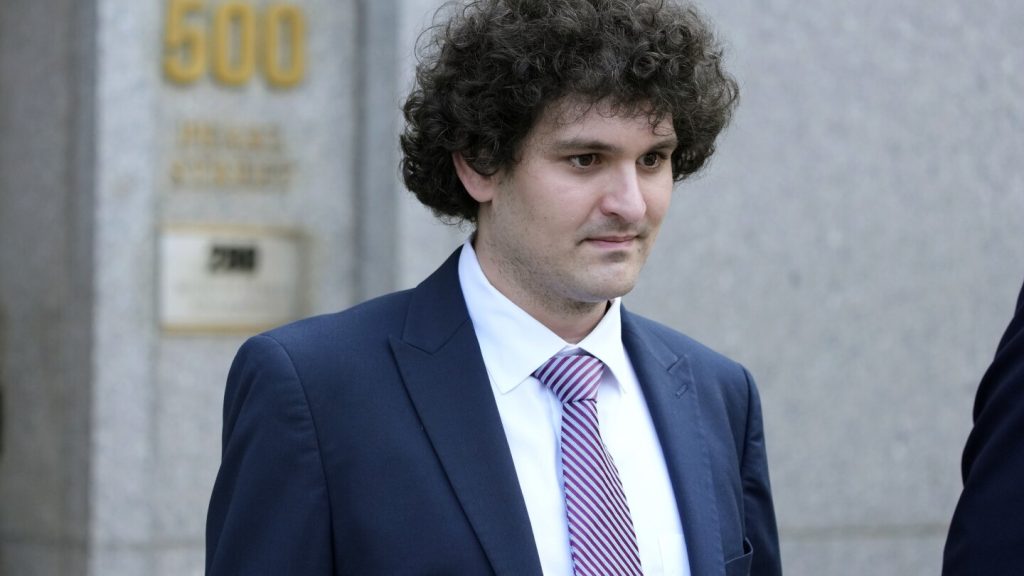The co-founder of the FTX crypto exchange, Sam Bankman-Fried, quickly rose to prominence when he established the platform in 2019, making it the world’s second most popular place to trade digital currency. However, the success was short-lived as the exchange collapsed by the fall of 2022, leading to bankruptcy. Bankman-Fried was subsequently charged with misappropriating billions of dollars in FTX customer deposits. Prosecutors claimed that he used the funds to support his hedge fund, purchase real estate, influence cryptocurrency regulations through political contributions, and pay bribes to Chinese government officials. He faced trial in the fall of 2023.
FTX operated both a brokerage for customers to trade cryptocurrency assets and an affiliated hedge fund called Alameda Research. During a market decline, prosecutors alleged that Bankman-Fried directed funds from FTX’s customer accounts to Alameda to cover losses. Additionally, he was accused of creating secret loopholes in the FTX platform’s code to allow Alameda to incur significant negative balances that could not be repaid. Bankman-Fried also faced charges of deceiving a bank about account purposes, evading banking regulations, and attempting to bribe Chinese officials to regain access to frozen bank accounts.
In his defense, Bankman-Fried admitted to making mistakes but shifted some blame to other executives at his company. He maintained that he did not intend to defraud anyone and argued that the harm to FTX’s customers was overstated. However, these claims did not exonerate him from the charges brought against him. In November 2023, Bankman-Fried was found guilty on multiple counts, including wire fraud conspiracy, wire fraud, and conspiracy to commit money laundering, commodities fraud, and securities fraud. Subsequently, he was sentenced to 25 years in prison in late March 2024, along with the forfeiture of over $11 billion.
The swift rise and fall of FTX and the subsequent legal proceedings against Bankman-Fried highlighted the risks and challenges within the cryptocurrency industry. The case raised concerns over the lack of regulation in the market and the potential for misconduct and fraud to go unchecked. It served as a cautionary tale for investors and regulators alike, emphasizing the importance of due diligence and oversight in the rapidly evolving world of digital assets.
Despite claiming innocence and attributing some wrongdoing to others within his company, Bankman-Fried’s conviction and sentencing sent a strong message about accountability in the cryptocurrency space. The case underscored the legal repercussions that individuals and organizations may face for engaging in fraudulent activities or misappropriating funds in the digital currency sector. Moving forward, the industry may see increased scrutiny and regulation to prevent similar incidents and protect investors from financial harm.


